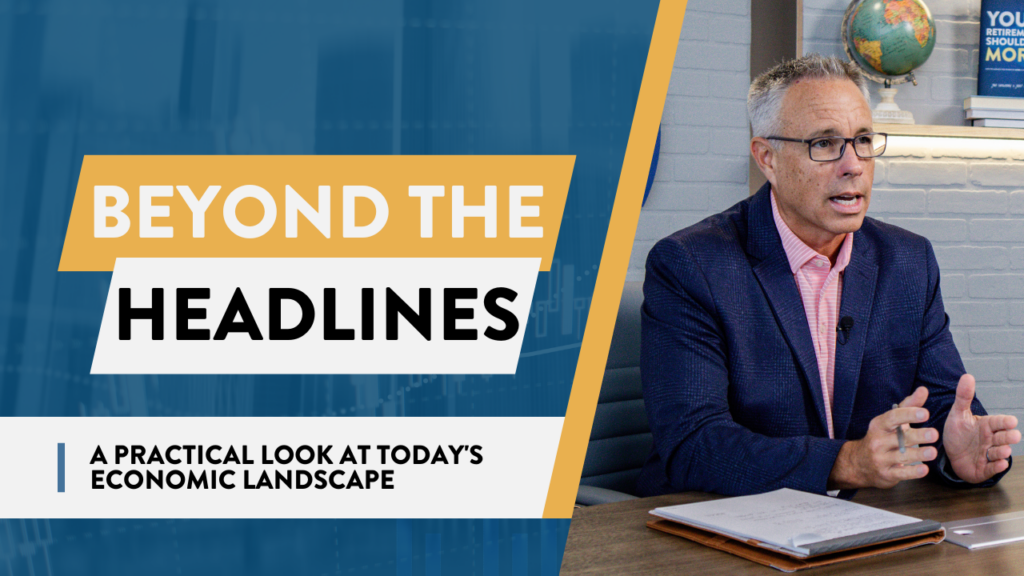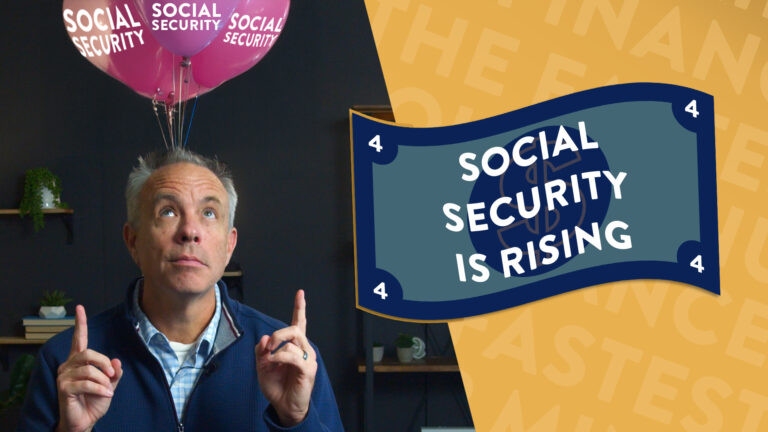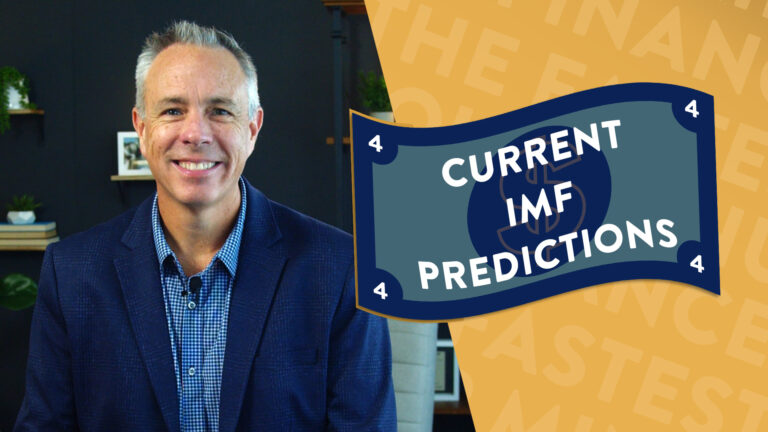I’m often asked about the state of our economy and how it impacts personal finances. In a recent interview with Yahoo Finance, I shared my thoughts on the latest consumer confidence report and what it means for individuals and investors. Here’s everything you need to know:
The Economy: Slow Growth, but Still Growing
Despite concerns about a potential recession, recent data suggests we’re experiencing a slow but steady economic growth. Consumer confidence remains within a narrow range, but it’s ticking upward. This tells us that while the economy may be slowing, it’s still growing, and consumers are still spending.
Your Economy vs. The Economy
When people answer questions about economic confidence, they’re typically thinking about their personal financial situation rather than the broader economic landscape. Currently, many are feeling good about their bottom line, which is a positive sign. Strong wage growth and continued spending indicate that many households are in a stable position.
The Labor Market: A Key Indicator
The unemployment rate, while slightly higher than in recent years, remains historically low. For a recession to truly take hold, we’d need to see unemployment climb significantly higher. As it stands, the current labor market supports the idea of a “soft landing” – a scenario where inflation is brought under control without triggering a severe economic downturn.
Inflation and Interest Rates: Finding Balance
While inflation isn’t quite down to the Federal Reserve’s 2% target, it’s approaching more manageable levels. Similarly, interest rates, though higher than in recent years, are closer to historical averages. This environment, while challenging for some, is one that many consumers can adapt to, especially if wage growth keeps pace with price increases.
Advice for Building Financial Confidence
For those feeling less confident about their financial situation, particularly in the middle class, my advice centers on creating financial margin. This means:
- Focus on increasing your contribution rate to savings and investments.
- Look for ways to increase your income, whether through career advancement or side hustles.
- Manage debt carefully to keep expenses in check.
- Aim for financial independence rather than traditional retirement.
Investment Strategy in a Soft Landing
Even as we navigate this economic landscape, I still believe in the power of equities for long-term growth. However, given the current climate, it might be wise to consider increasing allocation to bonds. With the potential for interest rates to decrease, bond prices could see significant appreciation, positively impacting overall portfolio returns.
Remember, investing is a long-term game. Just as you wouldn’t weigh yourself every day when trying to get fit, it’s not productive to obsess over daily market fluctuations. Stay focused on your long-term financial goals and adjust your strategy as needed. While economic challenges persist, there are reasons for optimism. By focusing on personal financial health and making informed investment decisions, we can navigate these times with confidence.
Watch the interview here:
The opinions voiced in this material are for general information only and are not intended to provide specific advice or recommendations for any individual.





